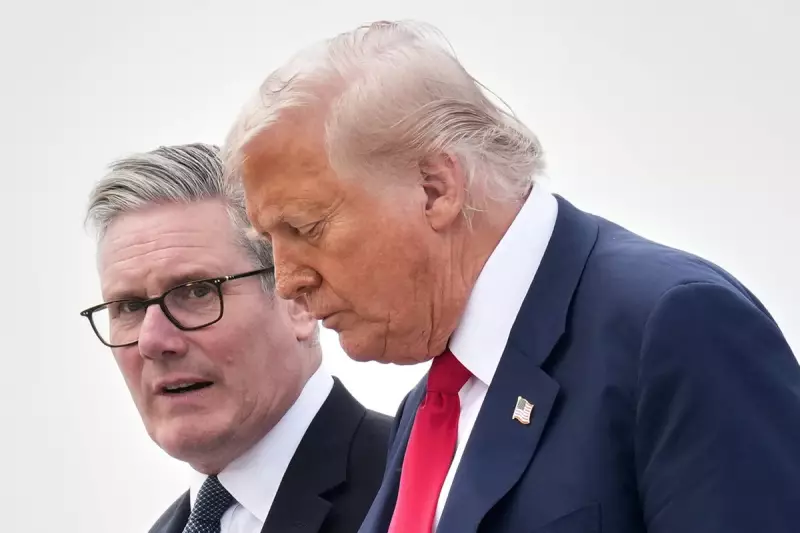
Behind-the-scenes discussions are reportedly underway to arrange a major diplomatic outing for former US President Donald Trump, potentially involving an audience with King Charles at Windsor Castle. The move is being viewed as a highly controversial and symbolic gesture that could significantly undermine the UK's steadfast support for Ukraine.
The proposed visit, which would be Trump's first to the UK since leaving office, is already causing consternation amongst foreign policy experts and MPs. It is seen as an attempt to legitimise a figure who has repeatedly expressed admiration for Russian President Vladimir Putin and has vowed to end the war in Ukraine within 24 hours, a pledge that likely involves ceding Ukrainian territory to Russia.
A Calculated Political Endorsement
The initiative to bring Mr. Trump to Britain is widely interpreted as a de facto endorsement by elements within the British political establishment. This comes at a time when the former President is the presumptive Republican nominee for the upcoming US presidential election. Critics argue that rolling out the royal red carpet would signal Britain's comfort with a return to Trump's brand of politics, which often clashed with traditional Western alliances.
Such a visit would stand in stark contrast to the UK's current foreign policy, which has positioned the nation as a leading military and financial supporter of Ukraine in its defence against Russian aggression. Offering a platform to a leader who is openly sceptical of this support is seen by many as a profound error in judgement.
The Windsor Setting and its Symbolism
The choice of Windsor Castle as a potential venue adds a layer of gravitas and officialdom to the proceedings. A meeting with the monarch, even an informal one, would confer a degree of respectability and state approval that many believe is undeserved. It risks tying the Crown to a deeply divisive international figure and his policies.
This development suggests that certain UK officials are eager to curry favour with a man who might once again become the most powerful leader in the West. It represents a pragmatic, if cynical, bet on a Trump victory in November, prioritising potential future relations over current moral and strategic commitments.
Ultimately, the debate over a Trump visit forces a uncomfortable question: is the UK prepared to compromise its principles and its support for a democratic ally at war for the sake of political expediency with a former and potentially future US president? The answer will speak volumes about the state of modern British diplomacy.






